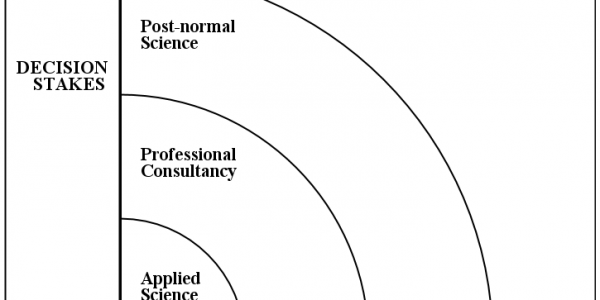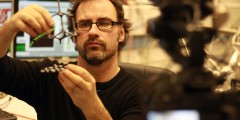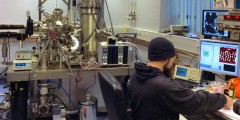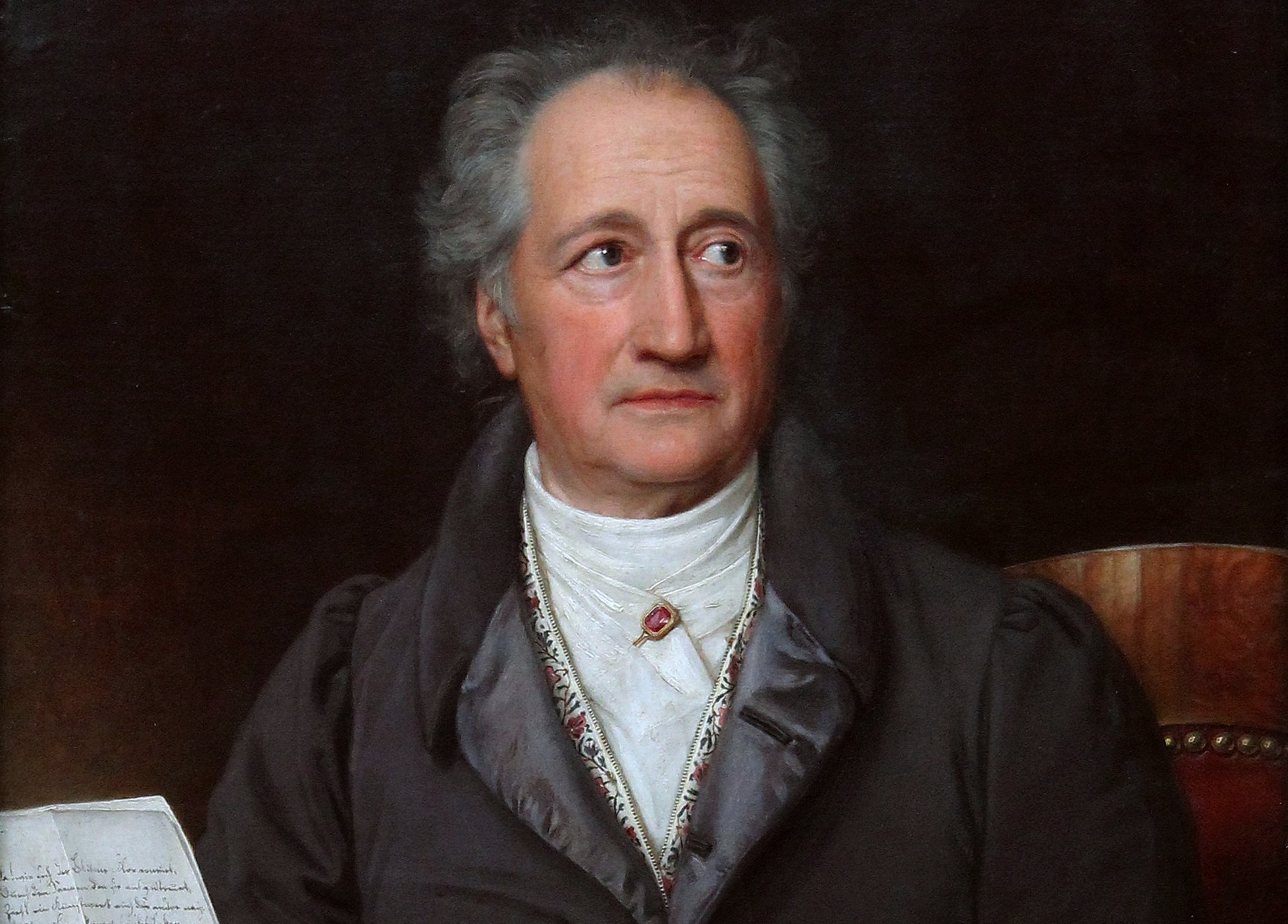Public engagement with ‘post-normal science’
March 26, 2021
It is relatively rare, I think, for mainstream newspapers to deal with Science and Technology Studies (STS) concepts and discuss them publicly.* An article by Sonia Sodha from 20 March for The Guardian is an exception. She uses the concept of ‘post-normal science’ to try and shed some light on the vaccination debates in Europe. …
Making science public: Taking stock
November 10, 2017
When we wrote our ‘Making Science Public: Challenges and Opportunities’ research project some six or so years ago, various scandals had rocked the unspoken contract between science and society, universities and their users (BSE, MMR, climategate etc.). This contributed to a widely held perception, and I stress perception, of a lack of public trust in …
Broken science, broken record?
August 30, 2016
The phrase ‘science is broken’ recently popped back into my head. I had read it quite often in the past, but in the context of current debates about the place of science in society I began to ask myself: What does this phrase actually mean? And why do people use it? ‘Science is broken’ To …
Science is not what you want it to be
May 25, 2014
This is a GUEST POST by PHILIP MORIARTY The debates sparked by Circling the Square continue “below the line” of a number of insightful blog posts. (And mine). [And mine, Brigitte] This level of engagement between natural scientists and sociologists is great to see and, given the momentum we established last week, it would be …
Bring on the Yawns: Time to Expose Science’s “Dirty Little Secret”
May 22, 2013
Guest post by visiting fellow, Jeff Tamblyn, film maker and director of Kansas vs. Darwin. As a visiting fellow in the “Making Science Public” project, I’ve had a great first week at the University of Nottingham, filled by conversations with social science scholars and capped off with the events of May Fest – a day in …
Rebuttal to “The privatisation of science is not in the public interest”
February 26, 2013
This post reproduces the main arguments I used when I argued against Alex’s motion that “The privatisation of science is not in the public interest” at the launch of the ‘Making Science Public’ programme at the University of Nottingham on 11th February 2013. Alex opened with his argument and I responded along the following lines. …
Public remaking science? Seeing Sandy, science and climate change
January 13, 2013
I wrote just after Hurricane Sandy about the tussle between literalism and lucidity in linking the disaster to climate change, contrasting the careful language used by some academics with the ‘tabloid’ simplification of publications such as Bloomberg Businessweek. Since writing that post, some data has emerged potentially shedding more light on these rather muddy waters. …
Scepticism: Process, not position
June 16, 2012
Scepticism activism Scepticism is as old as human thinking, as old as philosophy and as old as science. Most recently scepticism has, on the one hand, become embroiled in a major controversy about climate change, and on the other hand scepticism has also become a form of activism, with Skeptics in the Pub being a …
Atoms are not people: comparing the natural and social sciences
May 18, 2012
Following a Twitter debate this week on the utility of social sciences cf. natural sciences as a basis for public policy (see the above screenshot for some of the comments), I thought it might be time for a preliminary sketch of the differences between these two (very) broad areas of knowledge. Is social science a …
The magic of science
March 23, 2012
Guest post by Dr Kate Roach, former member of the Institute for Science and Society, now writer and public engagement researcher (kr@kateroach.net) Defining science A recent invitation on twitter to define science, #scidef, has brought forth quite a number of mysterious or magically inclined interpretations. For @TripOnEgo science is an: “intrigue-inspired investigation, commanded by moral …










